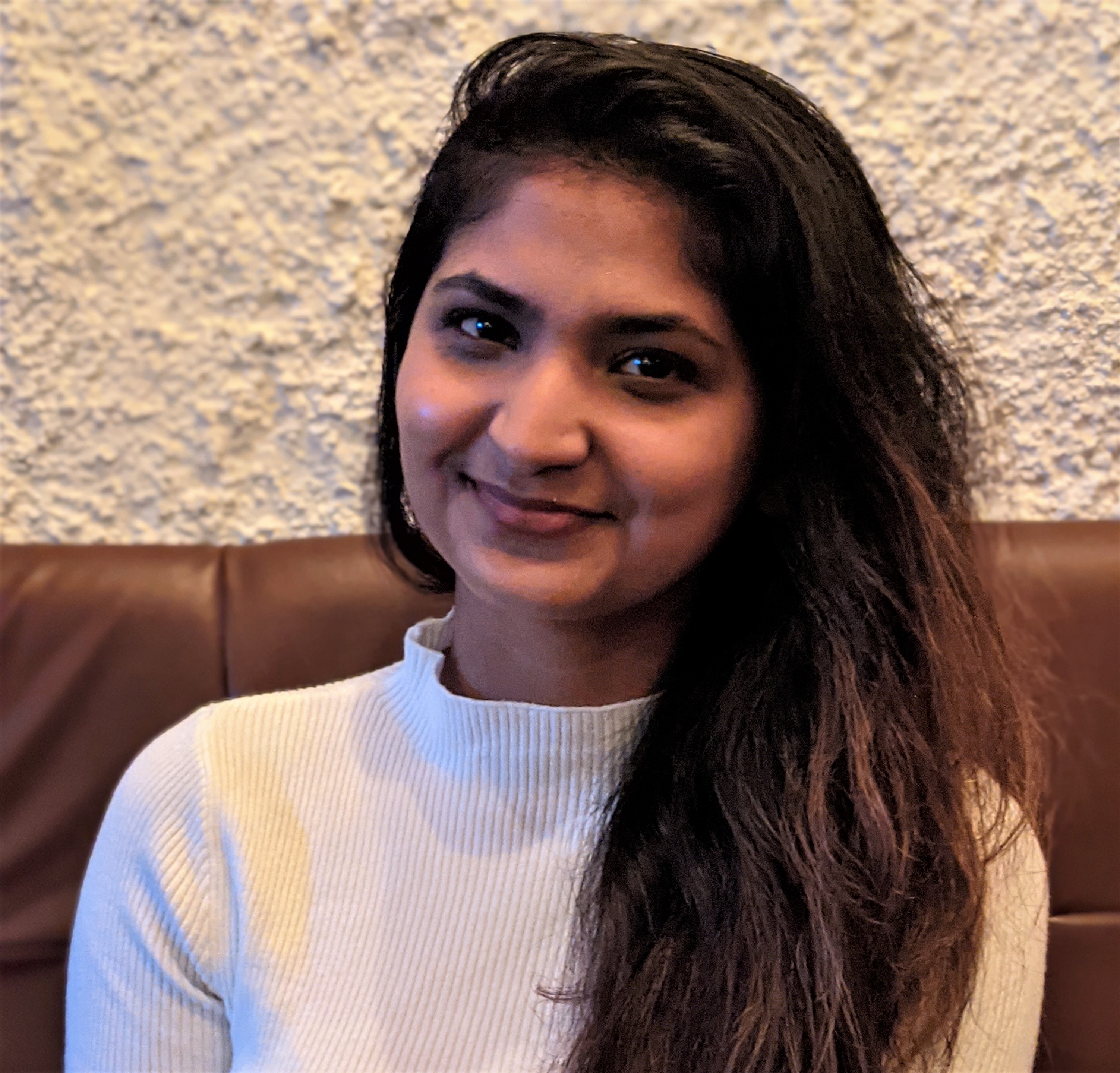Hello everyone,
Let me start by introducing myself. My name is Dr. Nikita Joshi (PT). I completed my Bachelors of Physiotherapy (B.P.Th) from MUHS, India after which I worked in Mumbai, India for 18 months. This gap which I took in between my bachelor’s and master’s was the most edifying phase of my career. Having weighed prospects of masters in the UK, USA, Australia, and India, I decided to go ahead with the UK. In 2020, I graduated with a MSc Physiotherapy degree from Cardiff University. Currently, I have an independent practice in Mumbai, India. My purpose of writing this blog is to share my experience and impressions of my master’s in the UK and my greatest takeaways from my education overseas.
Let me start with a Disclaimer
This is my personal account of my journey and experiences and in no way am I trying to generalize physiotherapy practices and educational practices in either of the countries. My hope is that young budding physiotherapists might find that my account might relate to few dilemmas they may have and some information that they might be looking for.
And now, let’s get started with my greatest takeaways from my masters at Cardiff University, UK, and how they helped me shape my practice:
Curriculum, Structure, and Infrastructure
Curriculums:
As you may be aware, whenever you apply for a master’s abroad, apply to multiple universities to increase your chances of securing admission. I had applied to 7 universities and had researched over 20 universities as part of my homework. I was truly impressed by the way curriculums are designed in the UK as well as the USA and Australia. And there probably is not much left unexplored. In the UK almost all curriculums have a few Core modules that include research modules and pathway modules whereas the Elective modules can offer a range of subjects right from Non-Medical Prescribing, Exercise Physiology, Kinesiology to Patient Safety and Ethics.
Structure:
I wish to touch base upon how the courses are structured. The lectures arranged can differ between universities or even between two modules so it is very important to do that background check thoroughly. Some of the important things worth considering would be, does teaching include clinical/non-clinical, lab work/lectures/ practical or a combination course delivery. It would also be wise to read about the faculty members of your respective courses to see if their fields and body of work interests you.
Infrastructure:
In my opinion, the current infrastructure in Physiotherapy education has great room for improvement in India. In my university in the UK, learning was made more accessible, easy, and interesting because of the infrastructure. I got an opportunity to learn practically about Gait labs, Isokinetic machines, Force Plates, and many varied physiotherapy and kinesiology setups. Some finer details I found extremely helpful, too were the vast lecture rooms with charger plugs for each seat, multiple learning spaces– outdoor and indoor, multiple libraries open for all students, a great internet setup.
Mentorship and Learning
If you get an admit from a good university, rest assured, you will probably have an extremely competent (to the ‘T’, as they say) staff teaching and supporting you. It would really be saying something if one says that teachers do not know what they are doing. In my 18 month course, I did not hear one person say these words.
Mentorship takes on a whole new meaning in the UK as compared to India. Nearly all senior professors are Ph.D. holders with multiple postdocs and a huge body of literature to their name. But what was the most grounding experience for me and a lesson of a lifetime was the Humility in almost each and every one. Professors and mentors are just as eager and open to learning from you as you are from them. They let you explore your thoughts, interests and instill confidence in you or a small push every now and then. They function on a strict no spoon-feeding policy which makes the student extremely hardworking and confident in working independently. By the end of it, you will be the winner taking away knowledge and much more.
So, a commonly seen phenomenon in masters abroad is that some of the local students are older and well established in their careers. That presents us Indians with a unique opportunity to learn more from our peers, too. My MSc cohort had students from Europe, Arab, Africa, and Asia. Our discussions would often be lively and very informative. It gave us a sneak peek into the physiotherapy practice in the UK and other countries. It helped me identify the benefits and shortcomings of Indian healthcare.
Research – Research and Access to Research
One of my main aims of starting my course at Cardiff University was that I wanted to learn about research, and I can say that I achieved it and how! The research was one of my core modules. We were taught everything about research in great detail. Within the first few days, I realized that there are great developmental prospects in Indian physiotherapy research teaching. It made itself clearer to me during my thesis when I had to refer to many Indian papers about Physiotherapy, the standards of writing a research ill-match the global standards. This is, of course, my opinion.
Research taught at Masters level:
Our curriculum covered types of research, how to search for papers, research methods, ethics, requirements, execution, sampling, research writing, referencing, how to judge research, using research in practice, and much more. My research module and experience of writing a master’s level thesis abroad are two of my biggest takeaways.
Access to Research: UK vs India
Although in my course, we did not have exams, our grading was very tough. But what helped was that we had access to tens of thousands of research papers from all over the world. Additionally, if we required access to some papers, our librarians would procure it within days. With such solid research support and access available, everything is within reach. Access to research is given great importance in the UK. National Health Service (NHS) as well as physiotherapists registered with the Chartered Society of Physiotherapists, UK get access to a good amount of research. There is a disparity between UK and India when it comes to access to research. Ever since I came back to India, I have made it a practice of reading at least one research paper a week. However, the inability to access good and interesting pieces of research makes me feel frustrated and inadequate.
Practice Guidelines
As an undergraduate student in India, I always heard about how the practice guidelines abroad and how they were adhered to strictly. Physiotherapists adhere to the National Institute of Health and Care Excellence’s (NICE) guidelines in the UK. These guidelines are published after thorough research and review of research, the process itself is impressive.
I feel the absence of such guidelines and regulations in the Indian physiotherapy practice. Even today, I see many physiotherapists practicing the kind of electrotherapy that has long been proved to be ineffective or placebo, at most. However, due to poor regulation over such practices, the standards of treatment become questionable. Another aspect that is held in high regard in physiotherapy education and practice in the UK is ethics of patient autonomy, non-maleficence, beneficence, and justice. A part of beneficence focuses on how as healthcare professionals, we are obligated to provide care known to benefit patients. These principles and guidelines greatly steer my practice. I always make sure that my practice is doing due justice to the ethical principles, guidelines and if my practice is evidence-based.
Introduction to Biopsychosocial approach
During my master’s and most importantly during my thesis, I learned the importance of using a biopsychosocial approach while treating patients. My thesis focused on understanding how physiotherapists in different countries approach the management of chronic nonspecific low back pain. While interviewing my participants, what I realized was that although most of them did consider psychosocial aspects while assessing their patients, not many knew how to incorporate them in the treatments.
This also allowed me to reflect on my own practice. There is a need for more research, however, I feel it is as important as kinesiology to incorporate teaching biopsychosocial approach in physiotherapy. After all, it is important that we treat the patient, not their condition.
What students may benefit from now- VISA rules
When I started with my master’s, I was open to opportunities in the UK as well as coming back to India and working. Acquiring a job that would sponsor a visa was not impossible, but definitely challenging. Additionally, the COVID-19 pandemic had a negative effect on the physiotherapy job market in the UK for immigrants. However, the new visa rules which allow students to get an extension on their student visas to stay back and work in the UK will make it easier for companies to hire and will increase employment opportunities. My advice will be to go in with an open mind. It is a very different and fast-paced work environment. In some places, follow-up appointments are for a very limited time which can affect your work satisfaction, initially. Eventually, you will find your rhythm and what works best for your patients and yourself. So, hang in there, be patient, learn as much as you can and try and do well!
With this, I conclude my rather lengthy blog. I do hope it helps you in more ways than one. I wish you the best!
Author
Nikita Joshi

Nikita has completed MSc Physiotherapy from the UK. She now has an independent practice in Mumbai, India.
Hello, My name is Tejashree Limaye. I am a physiotherapist with 10+ years of experience. I help you go from being stuck in your career to finding a job you love! I provide career guidance about clinical and non clinical PT career in India. I also help you with US PT licensing process. Welcome to my blog, I hope you find the exact guidance you have been looking for!
